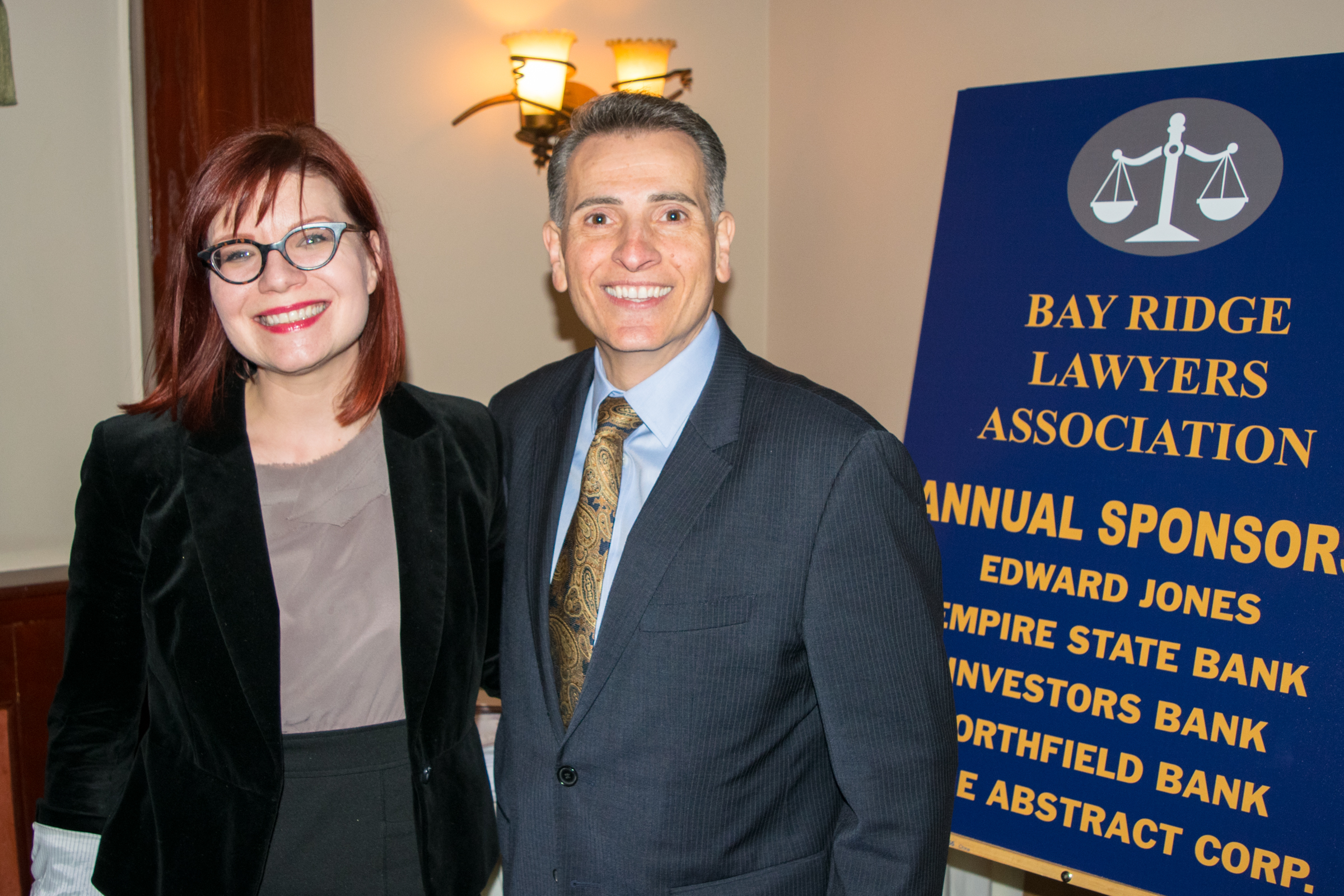Bay Ridge Lawyers Association gets updates on the latest in the #MeToo movement

Members of the Bay Ridge Lawyers Association got an update on the latest legal updates involving the #MeToo movement when they hosted attorney Caroline H. Piela for a continuing legal education discussion.
“I had the pleasure of meeting Caroline at a Columbian Lawyers seminar. She’s a wonderful person and a senior associate attorney working for Crumiller P.C. where she started in 2017,” said Joseph Vasile, president of the BRLA.
“She represents victims of gender and pregnancy discrimination in all stages of litigation,” Vasile continued. “She crafts and reviews separation agreements and negotiates severance packages on behalf of employees, represents New York City tenants in all stages of litigation in Housing and Supreme Court.”

Brooklyn Boro
View MoreNew York City’s most populous borough, Brooklyn, is home to nearly 2.6 million residents. If Brooklyn were an independent city it would be the fourth largest city in the United States. While Brooklyn has become the epitome of ‘cool and hip’ in recent years, for those that were born here, raised families here and improved communities over the years, Brooklyn has never been ‘uncool’.